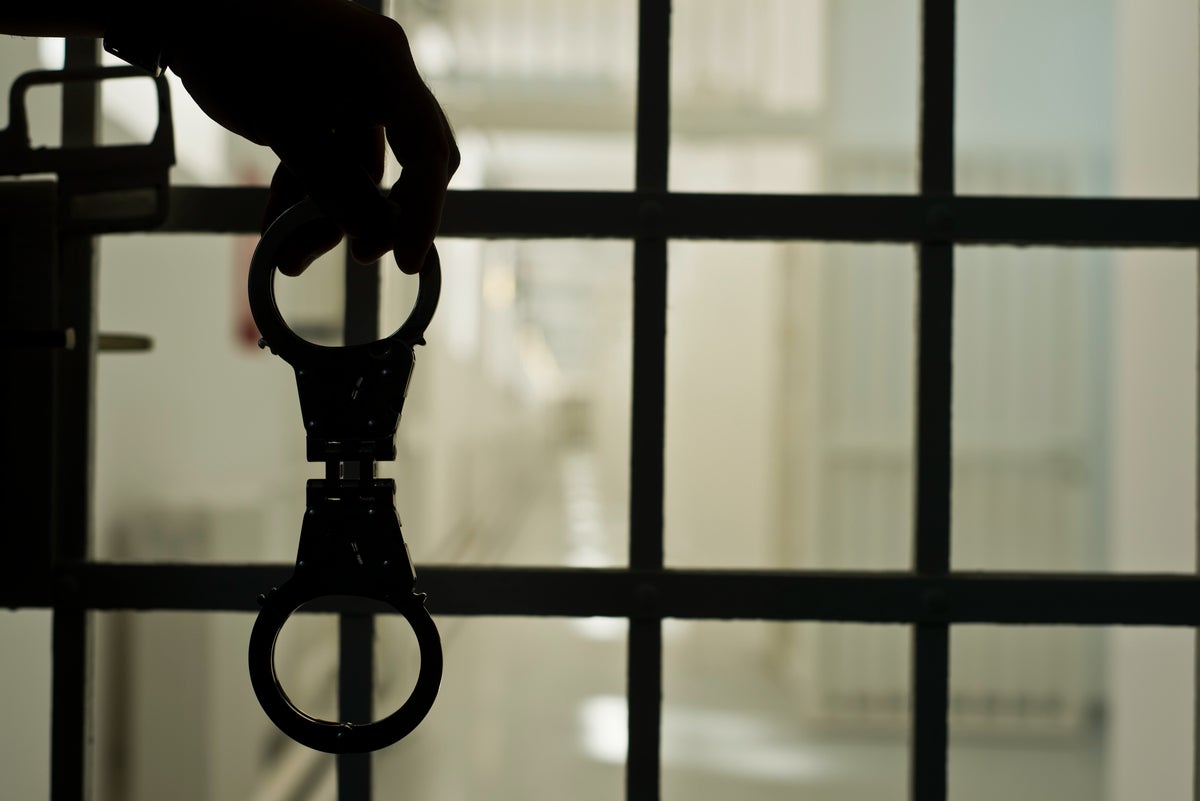
Two inmates who passed away while in Alabama prisons allegedly had their bodies returned to their families with missing hearts or other organs, a lawsuit claims.
Brandon Clay Dotson, 43, died in an Alabama prison in November. While his body was returned to his family, it was allegedly decomposing and with his heart missing, court documents obtained by The Independent revealed.
This case comes years after a similar situation happened to Charlene Drake, when her father, Charles Edward Singleton, was returned home after passing away in the Alabama prison system without any of his internal organs, including his brain.
The Dotson family decided to file a federal lawsuit against the Alabama Department of Corrections and other parties to try and find out why his remains came back without his heart and to have it returned to them.
The family wrote in the lawsuit that his missing heart was the result of “appalling misconduct [that] is nothing short of grave robbery and mutilation.”
Yet no one seems to know how his heart mysteriously vanished. On 5 January, the court tried to decipher where it could have gone, yet no one turned up any answers within the three-hour hearing, according to local outlet AL.com.
Five witnesses - a warden, commissioner and deputy chief commissioner of Alabama’s corrections department, director of Alabama’s forensic sciences department and the head of autopsies at UAB - all said that they didn’t know where the missing heart could be.
Lawyers from the prison system said that when Dotson’s remains left the facility, his heart was inside his body and that they did not have it, the outlet said.
The discovery came about when Dotson’s family hired a second pathologist to do another autopsy on his body after they believed that there was foul play involved in his death.
When the pathologist started to have a look at the remains, he discovered the heart was missing.
The lawsuit suggested that the medical school at the University of Alabama was the possible “intended recipient” of Dotson’s heart, also named in the suit.
However, attorneys for the university reportedly said that was a “bald speculation” and wrote in the court filings that the university did not perform the autopsy nor did they receive any of Dotson’s organs.
It was reportedly learned during a testimony that Dotson’s autopsy was allegedly performed by the Alabama Department of Forensics, AL.com claimed.
Yet the director of the state forensic department, Angelo Della Manna, said he had not reviewed Dotson’s particular case, so could not answer specific questions.
Mr Della Manna did say, however, that in a standard autopsy, organs are tested to determine a cause of death but are then returned to a biohazard bag and put back in the body.
Organs are sometimes sent off for further testing, but Mr Della Manna said that would be in Dotson’s case file and autopsy report - which the judge ordered the state to send to her.
Last week, an affidavit was also sent to the court in support of the Dotson case, where the daughter of another deceased Alabama inmate, Charles Edward Singleton, 74, was returned with his internal organs missing, including his brain, according to CNN.
Singleton died in November 2021, and when his remains were transported to the funeral home, the director told his daughter, “It would be difficult to prepare his body for viewing, as his body was already in a noticeable state of decomposition,” added that his organs were missing too.
The Alabama Department of Corrections told CNN it does not comment on pending litigation, nor does it authorise or perform autopsies.
“Once an inmate dies, the body is transported to the Alabama Department of Forensic Sciences or UAB (the University of Alabama at Birmingham) for autopsy, depending on several factors, including but not limited to region and whether the death is unlawful, suspicious, or unnatural,” the department said in a statement to CNN.
Alicia Rohan, University of Alabama at Birmingham’s director of external public relations, also told the outlet the university does not comment on pending litigation.
“We only conduct autopsies with consent or authorisation and follow standard procedures equitably for anyone consented to or authorised for an autopsy,” MsRohan said.
“In an autopsy, organs and tissues are removed to best determine the cause of death. Autopsy consent includes consent for final disposition of the organs and tissues; unless specifically requested, organs are not returned to the body.”
The Independent has contacted the Alabama Department of Forensic Sciences, the Alabama Department of Corrections and the University of Alabama for comment.







